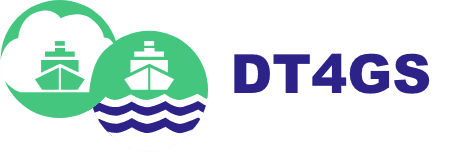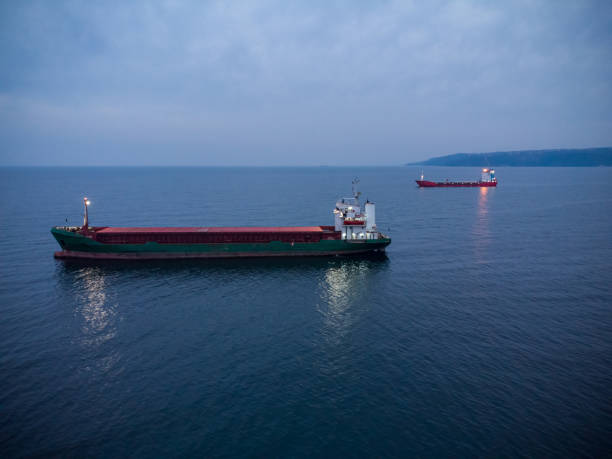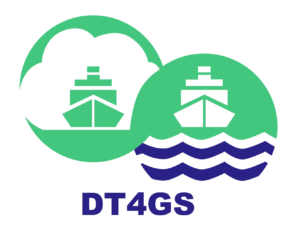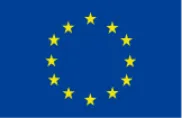The above robust benchmarking mechanisms for world fleet are in alignment with the IMO DCS & EU MRV reporting requirements, the Green Corridor Benchmarking Methodology, the “Shipping KPIs” and the related standard.
The sub-task was developed according to the following key points:
1) Definition of relevant Key Performance Indicators (KPIs). In this first phase, relevant KPIs have been identified. These indicators must describe the performance of ships in terms of energy efficiency and GHG and pollutant emissions in a synthetic but exhaustive way.
2) Research of information on annual fuel consumption and on construction characteristics of a statistically relevant number of vessels; research of additional information in the literature for calculating relevant KPIs. Two databases with complementary information were merged, in order to have a single database with enough information to define a benchmark. The first database contains information in accordance with EU MRV regulations, the second one was purchased from an industry leader in maritime data and contains information complementary to the first database.
3) Calculation of the KPIs for each individual ship
4) Calculation of average KPIs for each type of ship
5) Comparison of the KPIs of the current fleet with the KPIs of some new green technologies.
In parallel, the CII ratings of each vessel in the database according to International Maritime Organization (IMO) in the coming years 2024, 2025 and 2026 were evaluated. The reduction of CO2 emitted using the shore power connection in EU 27 countries was also evaluated, estimating a savings of 8.88% on current fleet. Cold ironing is therefore an important driver for decarbonization, together with a transition towards alternative fuels and converters.
DT4GS has received funding from the Horizon Europe framework programme under Grant Agreement No 101056799.





